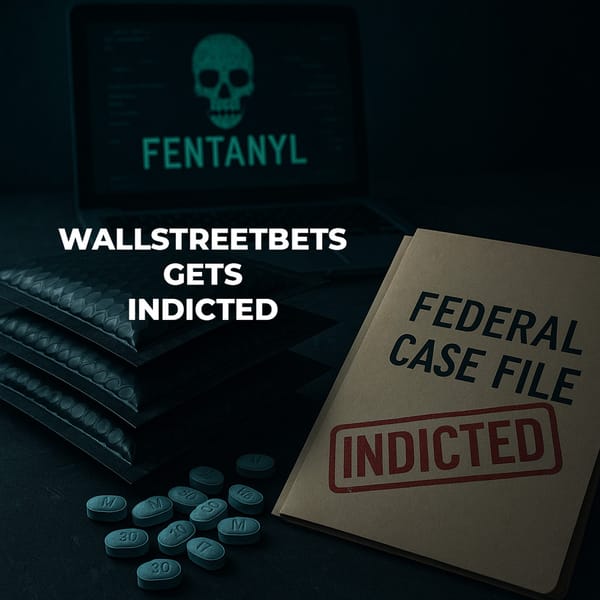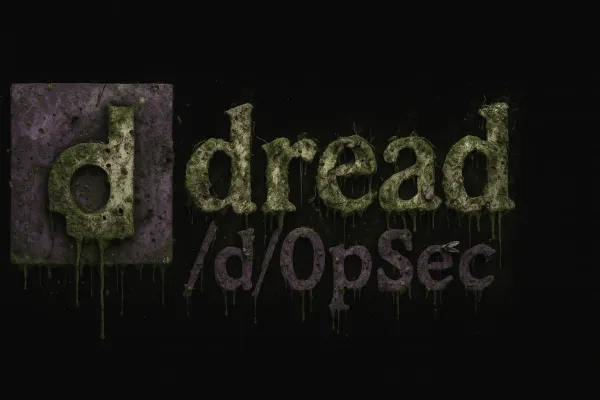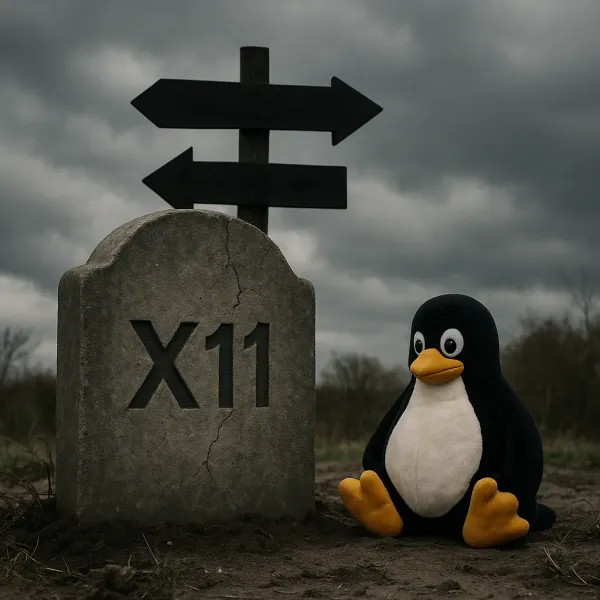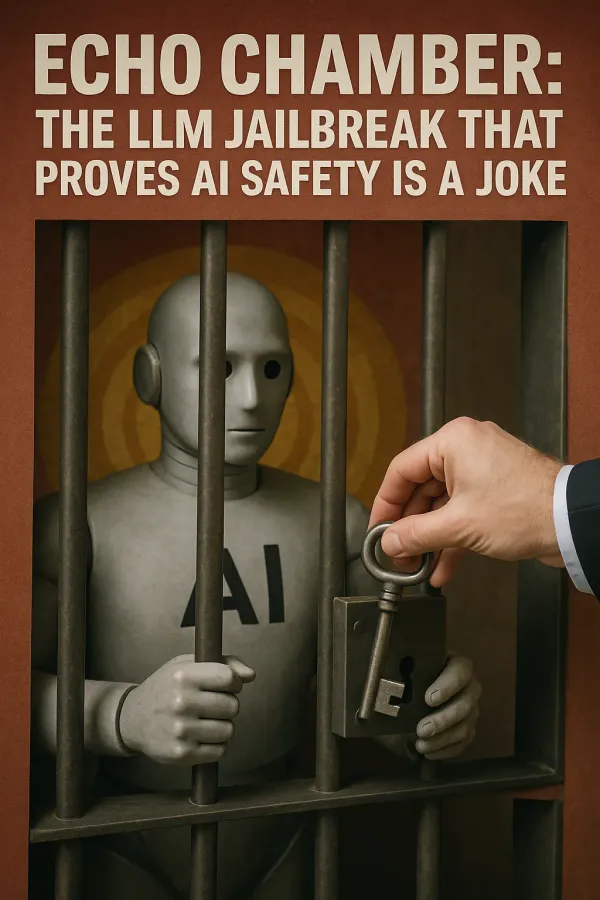UnitedHealth CEO confirms in US oversight hearing that they paid a $22 million ransom to Black/ALPHV ransomware operation
UnitedHealth confirms a significant breach at Change Healthcare, executed by the BlackCat ransomware group using stolen Citrix login details. This is why multi-factor authentication is needed in protecting sensitive healthcare information.
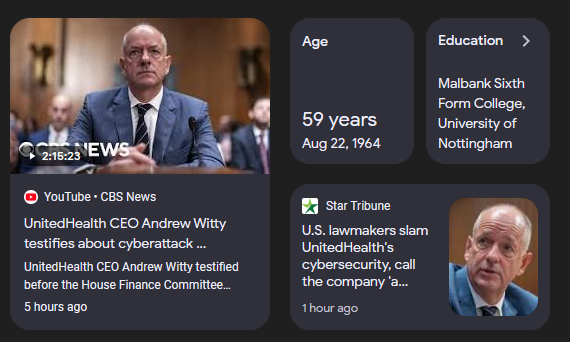
UnitedHealth has confirmed that its subsidiary, Change Healthcare, suffered a data breach orchestrated by the BlackCat ransomware group. The attackers accessed Change Healthcare's systems using stolen credentials to log into the Citrix remote access service, which notably lacked multi-factor authentication.
Key Details of the Breach
- Victim: Change Healthcare, a part of UnitedHealth Group.
- Attack Vector: Stolen credentials used on an unsecured Citrix remote access service.
- Attacker: BlackCat ransomware gang, also known as ALPHV.
- Impact: Potential exposure of sensitive healthcare data.
This incident highlights significant security lapses, primarily the absence of multi-factor authentication (MFA), which has become a critical defense against unauthorized access in today's digital environment.
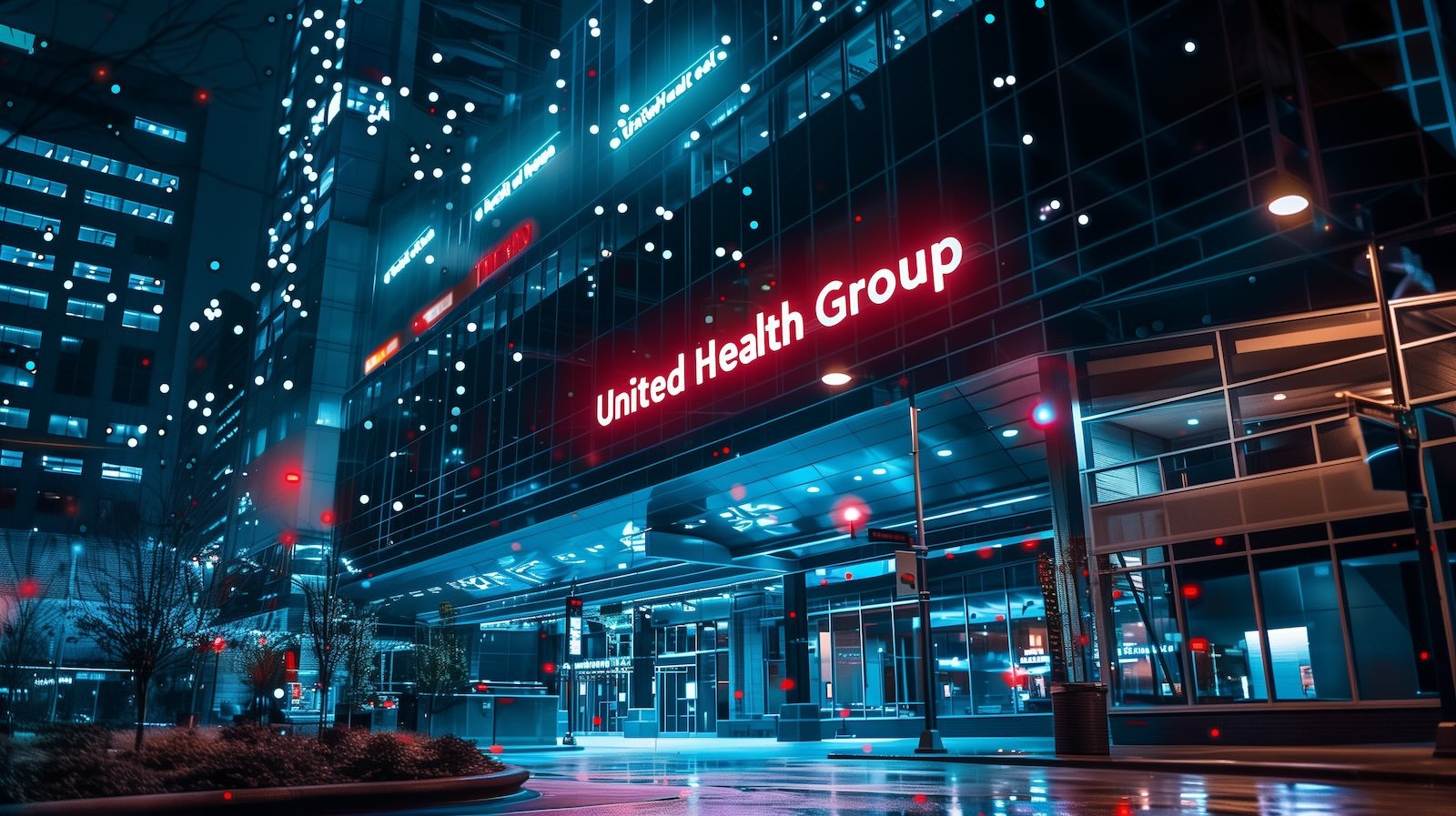
How the Attack Unfolded
The BlackCat group, known for its sophisticated ransomware operations, exploited these security weaknesses to infiltrate Change Healthcare's network. The use of stolen credentials suggests a possible prior phishing attack or data leak that provided the necessary access details.
Implications for Healthcare Security
This breach serves as a stark reminder of the necessity for robust security measures in the healthcare sector, where sensitive patient information is at stake. Institutions must prioritize implementing MFA and continuously monitoring for unusual access patterns to safeguard their data.
For more insights on safeguarding against such threats, click here.

